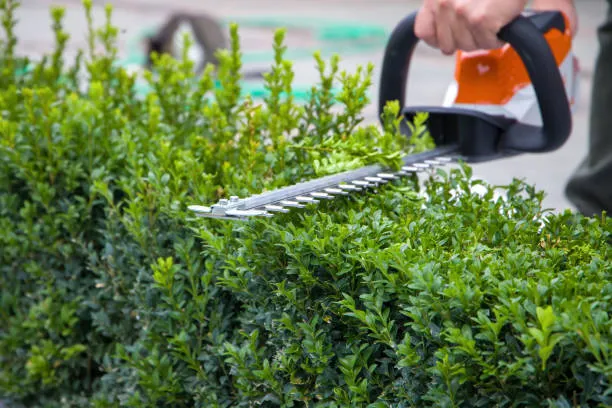
Sustainable Solutions: The Future of Landscaping and Hardscaping May 06, 2025
The shift towards sustainable landscaping primarily involves rethinking traditional methods and adopting eco-friendly practices. Native plants, for instance, have become a cornerstone of sustainable landscaping. These plants are naturally adapted to the local climate and soil conditions, which makes them more resistant to pests and diseases. Furthermore, they require less water and maintenance, which significantly reduces resource usage and carbon footprint over time.
Incorporating native plants doesn't just benefit the environment; it also enhances the aesthetic appeal of a property. They contribute to the local ecosystem by supporting native wildlife such as birds and pollinators. For Mulch & Dig, guiding clients in selecting the right native plants that blend beauty with sustainability is a key service offering.
Hardscaping, which includes the use of non-plant elements like patios, walkways, and retaining walls, also plays a crucial role in sustainable landscaping. Here, permeable paving is an innovative solution gaining traction. Unlike traditional paving, permeable materials allow water to seep through the surface, reducing runoff and promoting groundwater recharge. By opting for permeable solutions, property owners can effectively manage stormwater while adding functional and stylish elements to their landscape design.
Recycled materials are another sustainable trend in hardscaping. Using recycled bricks, stones, or concrete can reduce the environmental impact of a project. These materials often require less energy to produce and divert waste from landfills. Mulch & Dig encourages clients to consider recycled options that align with both their design preferences and sustainability goals.
Water conservation is another critical component of sustainable landscaping. Implementing drip irrigation systems is an effective way to minimize water usage. Unlike traditional sprinklers that can lead to water wastage, drip irrigation systems deliver water directly to the plant roots, ensuring efficient usage and healthier plant growth. Additionally, incorporating rainwater harvesting systems can help collect and reuse natural precipitation, further reducing reliance on municipal water supply.
Another effective strategy is soil health management, which involves using organic mulches and composts to enrich the soil. Organic mulch not only improves soil structure but also helps retain moisture and suppress weeds, leading to healthier landscapes. Mulch & Dig specializes in offering a range of organic mulching solutions that align with clients’ aesthetic and sustainability preferences.
Sustainable landscaping and hardscaping are not just trends; they represent a fundamental shift in how we interact with our environment. For property owners aiming to reduce their ecological footprint, adopting these sustainable solutions presents a viable path forward. At Mulch & Dig, our commitment to eco-friendly practices ensures that your outdoor spaces are not only beautiful and functional but also good for the planet.
By embracing sustainable landscaping practices, you can enjoy the twin benefits of aesthetic appeal and environmental responsibility. Whether through the strategic use of native plants, innovative hardscaping techniques, or efficient water management, there are myriad ways to make a significant impact. It's time to look beyond conventional methods and invest in a greener, more sustainable future for your property and the planet.
/filters:no_upscale()/filters:format(webp)/media/04b103c8-1928-4603-af4f-cd9adb632f94.webp)
/filters:no_upscale()/filters:format(webp)/media/31f8ab00-9501-4f07-a64c-b005a3bba0f1.jpeg)